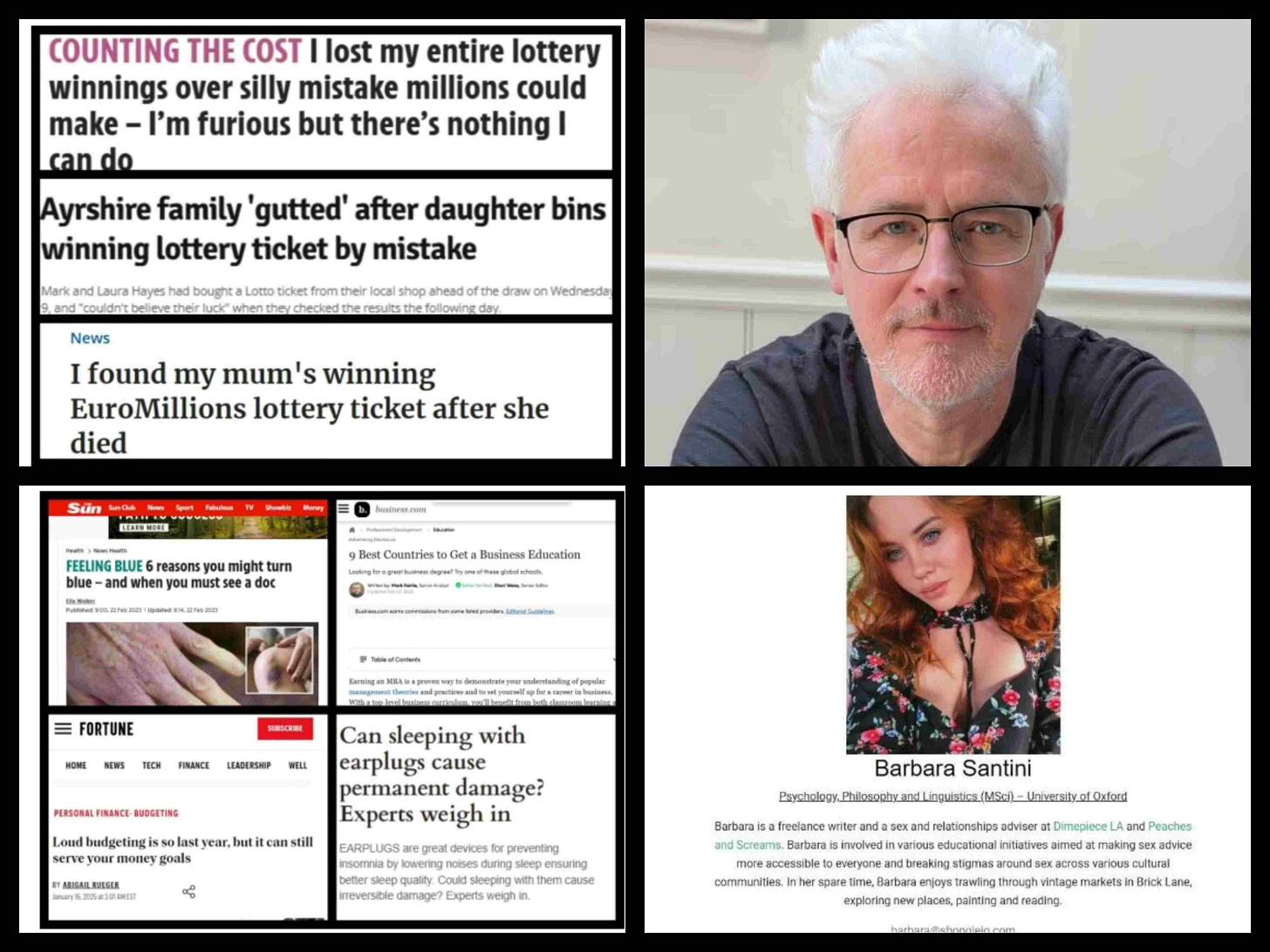Focus on 'truth' behind $1m a year Subsack | How to bring ads back to news
And CNN's Tini Sevak writes for Press Gazette about the brand safety 'myth' and new evidence from the broadcaster that news advertising is both safe and effective
Welcome to your daily Press Gazette media briefing on Wednesday, 9 July.
Journalist Judd Legum has told us how he built a publication with a four-strong team and at least $1m a year in turnover on Substack.
Like many small publishers on the platform, he gets all his revenue from subscriptions. He believes he offers a form of journalism which harks back to the pre SEO and social media age which seeks a direct connection with readers (rather than trying to appeal to algorithms).
He says journalistic rigour is at the heart of Popular Information, a title which claims to cut through noise and distraction to offer a progressive view on "the things that really matter" when it comes to politics and democracy in the US.
He told Press Gazette: “You have to tell the truth. Not just claim it. Actually check and double-check everything. People need to trust that what you say is accurate.” Full story here.
CNN vice president of audience and data Tini Sevak writes exclusively for Press Gazette today about the brand safety "myth" which is leading advertisers to withdraw spending from news-based websites.
As well as being terrible for humanity (by removing incentives for publishers to cover serious subjects) brand safety is also bad for business, she writes.
And I have a final report from my trip to the Cannes Lions festival where leaders from publishers including Bloomberg, News Corp and Mail Metro Media told me how they think we can bring advertisers back to news.
On Press Gazette
From ‘hedged gardens’ to new metrics: How publishers can grow ad revenue
“If we are championing independent publishers and the quality journalism that comes with that, we have to champion all of the transparency and data that comes with that versus ‘you say you want to be brand safe but here you are advertising on Youtube or one of these social channels where you get very limited metrics’.”
Substacker Judd Legum on doing journalism that ‘went out of fashion’
“A lot of outlets are focused on appearing objective. But I think a bigger audience is now looking for something less constricted, more authentic, and more transparent about who is actually doing the writing.”
Comment: Why news is one of the safest places for advertising to go
“There’s a persistent myth that news is a risky space for advertisers. The truth is the opposite. Reputable news organisations uphold rigorous editorial standards, making them among the safest and most effective environments for advertising.”
News in brief
Bloomberg Media is cutting around a dozen jobs out of its newsroom of about 2,700 people in a restructure towards three areas in which it has "leapt forward" in recent years. (Press Gazette)
Former British Association of Journalists general secretary Matthew Myatt, who left the organisation at the end of 2024, has been jailed for sexually abusing girls while working at Popham Airfield in Hampshire. The BAJ said it is "shocked, horrified and sickened" and the offences had "absolutely no connection" to his BAJ work. (BAJ)
Audience data body and auditor ABC has appointed senior content marketing figure Andrew Hirsch as chair, starting on 1 August. He succeeds Derek Morris who has chaired the board since 2016.
Also on Press Gazette
Business Post: From ‘shocking’ engagement to 12,000 subscribers
Google Offerwall explained: Easy way for publishers to test pay-as-you-go and ad-gated access
How Google AI Overviews is fuelling zero-click searches for top publishers
Radio News Hub: From Huddersfield basement to global success in ten years
Urgent bid lodged with UK regulator to stop Google AI Overviews ‘stealing journalism’
Top UK online publishers: X plummets, Reddit surges, news publishers ranked
Press Gazette now operates a metered paywall, so you’ll need to subscribe in order to read more than a couple of premium stories per month on our website.
This newsletter (and our podcast) remains free.
Latest podcast: On the front line of the reality wars with Rob Waugh
Fictional experts and non-existent case studies are conning their way into UK news media with the help dodgy PR companies. It's a lucrative business providing search engine juice to gambling sites and dubious online retailers. And it won't stop until publishers raise their game in terms of verifying the sources they quote, warns reporter Rob Waugh.





